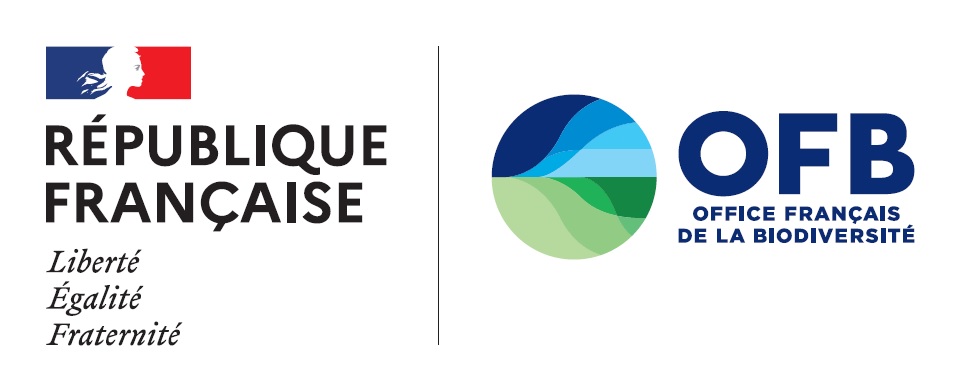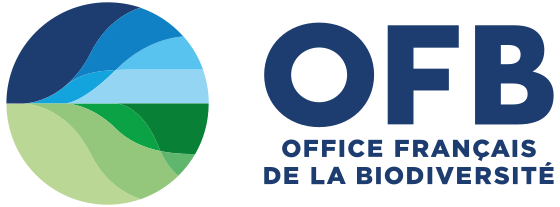All the English documents
These English part of the Agency Technical Portal only propose you translated and edited versions of collections publications or other documents. Here is the search in all these documents.
More resources are available on the French website.
River restoration and natural water retention measures - n°33 | Meetings |
Natural water retention measures as well as aquatic ecosystems’ restoration and preservation provide means to achieve good water status as required by the Water Framework Directive (WFD). In order to make progress on that topic, the workshop aimed to promote a better integration of European directives and policies through river restoration and natural water retention measures.
How can operational needs be identified in order to steer RDI (research, development, innovation) policy toward the scientific and technical developments most useful for water managers? What forms of coproduction must be implemented to ensure that the intended persons can effectively use the results? And what transfer policy should be instituted so that the results are fully exploited?
Contributions of hydro-economic models to water management in France | Knowledge for action |
Economic analysis plays an increasingly important role in managing water resources and aquatic environments. Using concrete examples, this document shows how hydro-economic models can assist in dealing with three major problems confronting the managers of water resources.
Invasive alien species in aquatic environments. Practical information and management insights - Vol. 2 | Knowledge for action |
This second volume illustrates the situation discussed in the first volume with feedback from management projects in continental France and Europe.
Invasive alien species in aquatic environments. Practical information and management insights - Vol. 1 | Knowledge for action |
Invasive alien species (IAS) are acknowledged as one of the main causes of biodiversity loss worldwide. The objective of these 2 volumes is to contribute to the debates on how to manage IASs, to provide a general outline on current knowledge (volume 1) and a number of specific examples (volume 2) to assist managers of aquatic environments and policy makers in their respective tasks to better manage these species. The first volume presents the current situation concerning invasive alien species in aquatic environments in continental France.
The importance of the science-policy interface for water and climate - n°30 | Meetings |
The purpose of the event, a forerunner to the 7th World water forum and the Paris-Climat 2015 meeting (COP21), was to facilitate discussions between scientists and elected officials on the topic of water and climate change in view of jointly laying the groundwork for future improvements in the science-policy interface. These discussions are essential in order to transform scientific knowledge into actual water planning and management policy.
A national specimen bank for continental aquatic environments? - n°29 | Meetings |
Several of the leading international experts on environmental specimen banks (ESB) met for 2 days of discussions that highlighted the value of these tools in meeting the challenges raised by pollution management and biodiversity conservation. The idea of creating an ESB for continental aquatic environments in France was floated.
Contribution of stakeholder perceptions to managing aquatic environments | Knowledge for action |
Environmental managers work to promote, conserve and restore environments. However, any efforts toward rational management must be based on previously acquired knowledge on not only a given environment (e.g.what is an aquatic ecosystem and how does it function?), but also on the people and societies living nearby. This is because all environmental work takes place in a given cultural and social context. Management is therefore a question of knowledge and, above all, of the diversity of knowledge. But what is meant by knowledge on the environment?
Freshwater fish and climate change. Current situation and adaptation strategies | Knowledge for action |
Aquatic environments constitute ecological treasure houses, represent a unique cultural heritage and provide society with important economic resources. What will be the consequences of climate change on the hydrology of aquatic environments? How will aquatic ecosystems and organisms react? What can be done to limit their vulnerability? Fish are emblematic life forms in rivers and an important resource for humans. They are one of the lifeforms that will potentially be impacted by climate change.
Chemical contamination of aquatic environments. Tools and methods for assessment and action | Meetings recap |
Confronted with the vast array of polluting substances and the complexity of their effects on both ecosystems and lifeforms, water managers and stakeholders have expressed growing needs for operational knowledge, tools and methods. This document propose a progress report on the available tools and methods, on current projects and on the outlook for current research.













